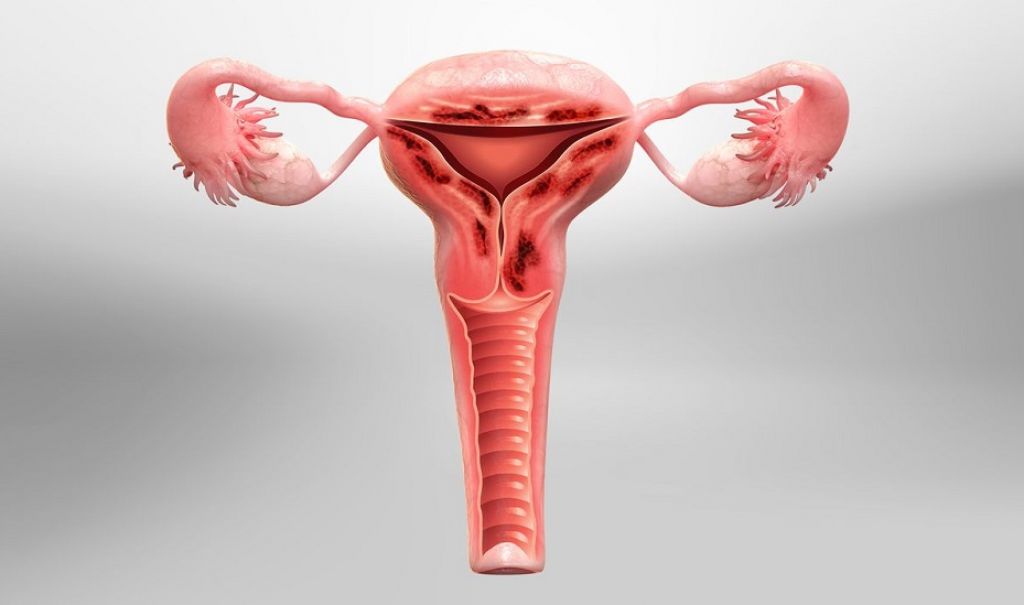Vulvar cancer is a malignant tumor of the female external genital organs. Most often, pathology is diagnosed in patients after 55-60 years. In advanced stages, the prognosis is disappointing, and treatment may result in disability, but in the early stages, the disease is easily treatable. Therefore, every woman should know what vulvar cancer is, how it develops and how to diagnose it in time.
Causes
Women often wonder what causes vulvar cancer. The causes of the pathology have not been precisely established, but more often oncology develops against the background of dystrophic processes in the external genital organs. Leukoplakia and vulvar cancer are closely related.
The risk of developing the disease increases in the presence of the following provoking factors:
human papillomavirus infection (HPV);
diabetes;
late onset of menarche;
obesity;
arterial hypertension;
early menopause;
frequent change of sexual partners;
genital infections;
smoking and other bad habits.
Vulvar cancer classification
Vulvar cancer is a particular type of skin cancer, therefore, depending on the histology, the following types of vulvar cancer are distinguished:
squamous cell carcinoma;
basal cell carcinoma of the vulva;
verrucous cancer;
squamous keratinizing;
vulvar melanoma;
verrucous carcinoma;
sarcoma, etc.
Non-invasive tumors are rarely diagnosed due to the lack of early symptoms. Invasive cancer is characterized by the fact that malignant cells spread to nearby tissues and organs.
How to recognize vulvar cancer?
In the early stages, the tumor is easily treatable. Initially, the following symptoms indicate its development:
burning and itching of the external genital organs;
bleeding not associated with menstruation;
unpleasant odor of discharge;
the formation of a mole on the vulva that changes shape, color or structure;
swelling of the vulva;
dry skin.
Young women experience discomfort with intimacy. If the first signs of vulvar cancer are noticed, an urgent need to consult a doctor and undergo a comprehensive examination. As the vulvar cancer progresses, symptoms will worsen. Urinary disorders and constipation may occur if the tumor has spread to adjacent organs and tissues. Signs of general intoxication also appear: weakness, fatigue, lack of appetite, weight loss.
How is the diagnosis carried out?
Diagnosis of vulvar cancer begins with a pelvic exam. Then a comprehensive examination is carried out:
Vulvoscopy (colposcopy) allows you to examine atypical areas of the external genital organs.
Laboratory studies (cytology and microscopic examination of smears, blood and urine tests) help to identify abnormalities in the functioning of the reproductive organs and the whole body.
A biopsy is performed for the purpose of histological examination to confirm the diagnosis.
Additionally, ultrasound, MRI, CT, cystoscopy and other instrumental studies are prescribed to detect metastases.
Treatment for vulvar cancer
If vulvar cancer is found, treatment is selected on a case-by-case basis. Most often, surgery is performed. Depending on the spread of the tumor process, organ-preserving operations or radical surgery with the removal of the inguinal lymph nodes are performed.
Additionally, a course of chemotherapy and radiation therapy is carried out. If necessary, a course of hormone therapy https://en.wikipedia.org/wiki/Hormone_therapy is prescribed. When the stage is advanced, palliative treatment is used to improve the quality and life expectancy of the patient.
